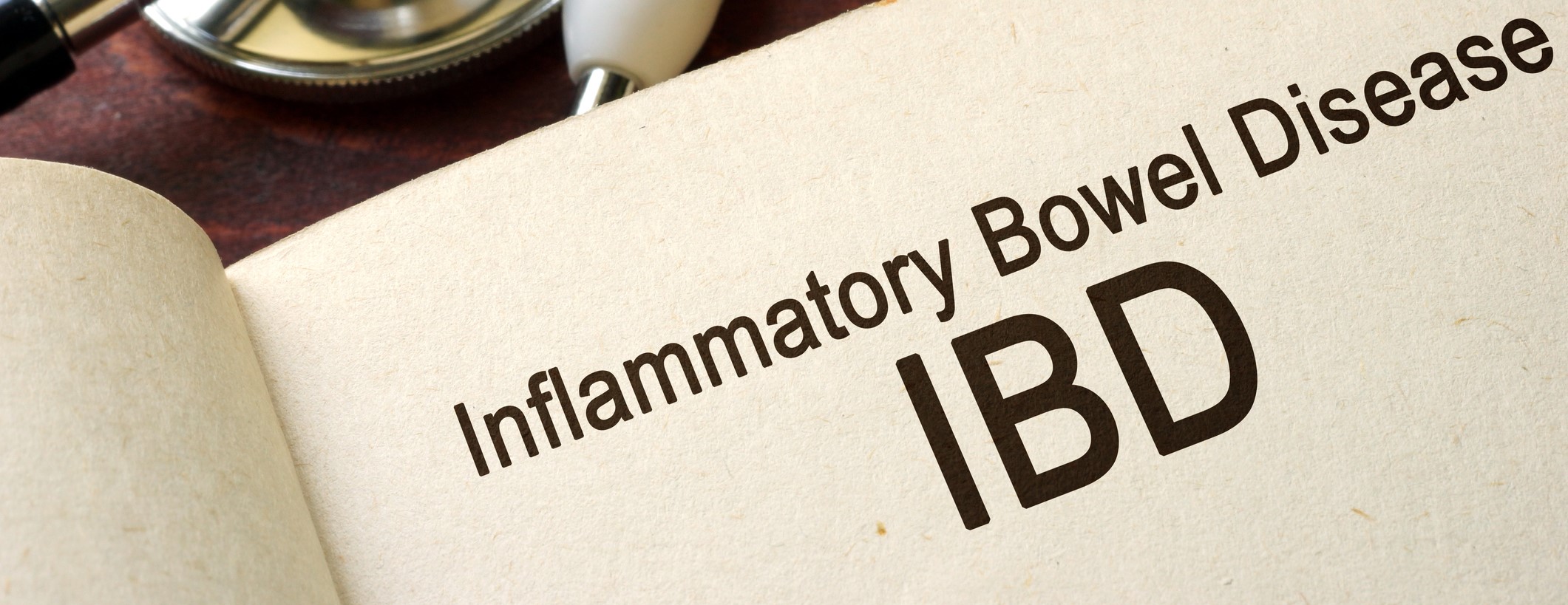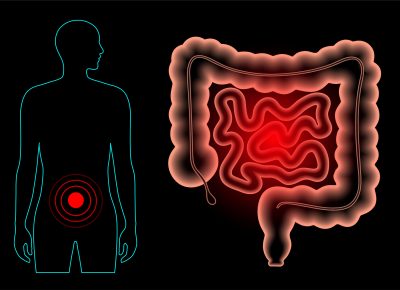Everyone suffers from common digestive issues on occasion. Have you ever wondered if you have IBS or IBD? Most people are familiar with IBS (Irritable Bowel Syndrome) and IBD (Irritable Bowel Disease) but they often incorrectly assume that they are the same condition.
Although they share similar names and symptoms, they are two distinct conditions with causes and symptoms that sometimes overlap. Determining which of the two conditions you have is important. Otherwise, you will not be able to find the proper treatment you need to get relief.
Researchers believe that IBS and IBS are the result of an autoimmune reaction. Stress and eating certain foods can trigger or aggravate symptoms of each disease. Here are details about each condition to clear any confusion about IBS and IBD.
Irritable Bowel Syndrome (IBS)
IBS is a lower GI disorder, affecting the small and large intestines and colon. It is extremely common, affecting approximately 35 million Americans and 15 percent of the population worldwide. It can also sometimes be referred to as nervous indigestion or spastic colon.
IBS is a very common condition that affects the large intestine. It can cause unpleasant symptoms including abdominal pain and diarrhea or constipation. It is a chronic condition. exact cause is still not fully understood, it has been linked to a number of different factors that increase the chances of getting IBS or trigger IBS symptoms.
IBS is a functional gastrointestinal (GI) disorder, meaning that the GI tract appears normal but doesn’t function normally. The condition is more common in women and usually occurs in people under age 45.
If you have IBS, you might experience symptoms like gas, bloating and constipation. You have a normal-looking gastrointestinal tract, however, it doesn’t function normally. The cause of the disease is not entirely known, but you might have different triggers, such as certain foods or stress. Another possible cause is poorly coordinated signals between the brain and the gastrointestinal tract. IBS treatment can include a course of antibiotics to kill bacteria or medications to simply control symptoms.
IBS is a chronic disease and typically requires maintenance and lifestyle changes that involve avoiding your triggers in order to ease symptoms. A concern with IBS is that – if it isn’t managed – it may lead to other gastrointestinal complications such as GERD and indigestion.
Inflammatory Bowel Disease (IBD)

IBD is characterized by inflammation of the colon and small intestines. There are two most common types of IBD: ulcerative colitis and Crohn’s disease. The former is believed to be caused by an autoimmune response that causes chronic inflammation in the digestive tract that causes pain, diarrhea, and rectal bleeding. The latter is another autoimmune inflammatory condition that causes inflammation not only in the digestive tract but also in the mouth and rectum. Researchers say it may be due to the immune system attacking harmless bacteria in the digestive tract.
Both types of IBD are lifelong conditions with periods of remission. Treatment includes making lifestyle and dietary changes as well as medication. Smoking and a high-fat diet is believed to exacerbate symptoms of IBD.
Causes of IBD and IBS
The exact cause of IBD is unknown. However, several factors like family history, long-lasting inflammation in the digestive tract, smoking history, ethnicity and age can increase risk.
The causes of IBS aren’t clear either. Scientists have found links to the immune system and how muscles move food through your gut. Many people have triggers that make their symptoms worse, including certain foods, stress, infections and hormonal changes.
Diagnosing IBD
Your doctor will look for physical damage in your intestines. You might have:
• Tests of your blood and stool
• CT or MRI scans
• A colonoscopy to look inside your body. Your doctor may take a small tissue sample at the same time. This is called a biopsy.
If you have inflammation and ulcers, your doctor can use these tests to narrow down what form of IBD you have.
Diagnosing IBS
Doctors use the “Rome criteria” to help diagnose Irritable Bowel Syndrome. These say that you may have IBS if you have belly pain for at least 1 day a week for 3 months. The pain must also meet at least two of the following criteria:
• It happens with a bowel movement.
• When it starts, you begin to have bowel movements more often or less often.
• Your stool looks different when it happens.
IBS and IBD Treatment and Management Toms River, NJ
If you suspect you may have IBS or IBD, the digestive health experts at Ocean Family Gastroenterology can help provide a diagnosis and manage symptoms associated with your GI condition.
Our team treats the full range of common and complex gastrointestinal disorders using the most advanced procedures available. To schedule a consultation, click HERE or call us at (732) 281-1590.
